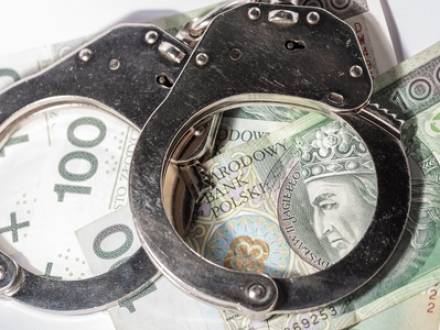Can I Be Charged With Prostitution if No Money Was Exchanged?
 When most people think about prostitution, they think about money being exchanged for sexual services. While this is a form of prostitution, Maryland law’s definition of the term is much broader and includes exchanges that do not necessarily involve money.
When most people think about prostitution, they think about money being exchanged for sexual services. While this is a form of prostitution, Maryland law’s definition of the term is much broader and includes exchanges that do not necessarily involve money.
A transaction in which anything of value is bartered for sexual services is considered prostitution, a serious sex crime that carries lengthy prison time, heavy fines, and a spot on the sex offender registry in Maryland. If you are facing prostitution charges, reach out to a Maryland criminal defense attorney right away to safeguard your rights and your future.
How Does Maryland Law Define Prostitution?
Under Maryland law, prostitution means any sexual act or contact that is exchanged for something of value. Common examples of non-monetary payments include:
-
Drugs or alcohol, which are frequently given in exchange for sexual services
-
Gifts such as jewelry, clothing, or electronics
-
Promises of housing or employment in return for sexual acts
The law includes non-monetary payments in the prohibition against prostitution to prevent people from using them as a loophole to commit the crime. However, this can also lead to misunderstandings and false charges.
What Are the Penalties for Prostitution in Maryland?
Engaging in prostitution or making an appointment for prostitution (referred to as assignation) is a misdemeanor punishable with up to a year in jail and a fine of up to $500. The same penalties apply to someone who solicits prostitution, which means offering to give something of value in return for sexual services. In this case, the money or item does not need to exchange hands; the mere offer is a misdemeanor.
As with any crime, involving a minor can enhance the penalties.
What Are the Defenses Against Prostitution Charges?
Someone who is charged with prostitution may consider any of the following defenses:
-
Lack of intent: Intent is a major component of prostitution. If you did not intend to engage in a sexual act in exchange for money or an item of value, you can argue that there was no agreement. For example, If the sexual act happened after — but not because — one party gave the other a gift, that may not constitute prostitution.
-
Entrapment: Sometimes law enforcement agents pose as prostitutes or solicitors to catch people committing the crime. If you can prove that the agent caught you by entrapment, it can be enough to dismiss the case. Entrapment means you were pressured to commit the crime and would not have done so if not for the law enforcement agent’s efforts.
-
Minimal value: Maryland law forbids exchanging sexual services for something of value. If you can show that the item or promise that was exchanged did not have considerable value, it may be a valid defense.
Contact a Silver Spring, MD Prostitution Defense Attorney
Prostitution and solicitation of prostitution are serious charges that are sometimes brought against people over misunderstandings. Make sure you protect your rights by contacting Salvado Law Offices. Our attorneys are highly knowledgeable about the law and are ready to aggressively defend you against criminal charges. Speak with a Hyattsville, MD criminal defense lawyer by calling 301-933-1814 now. Se habla español.











